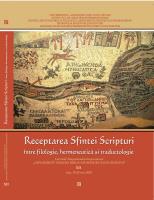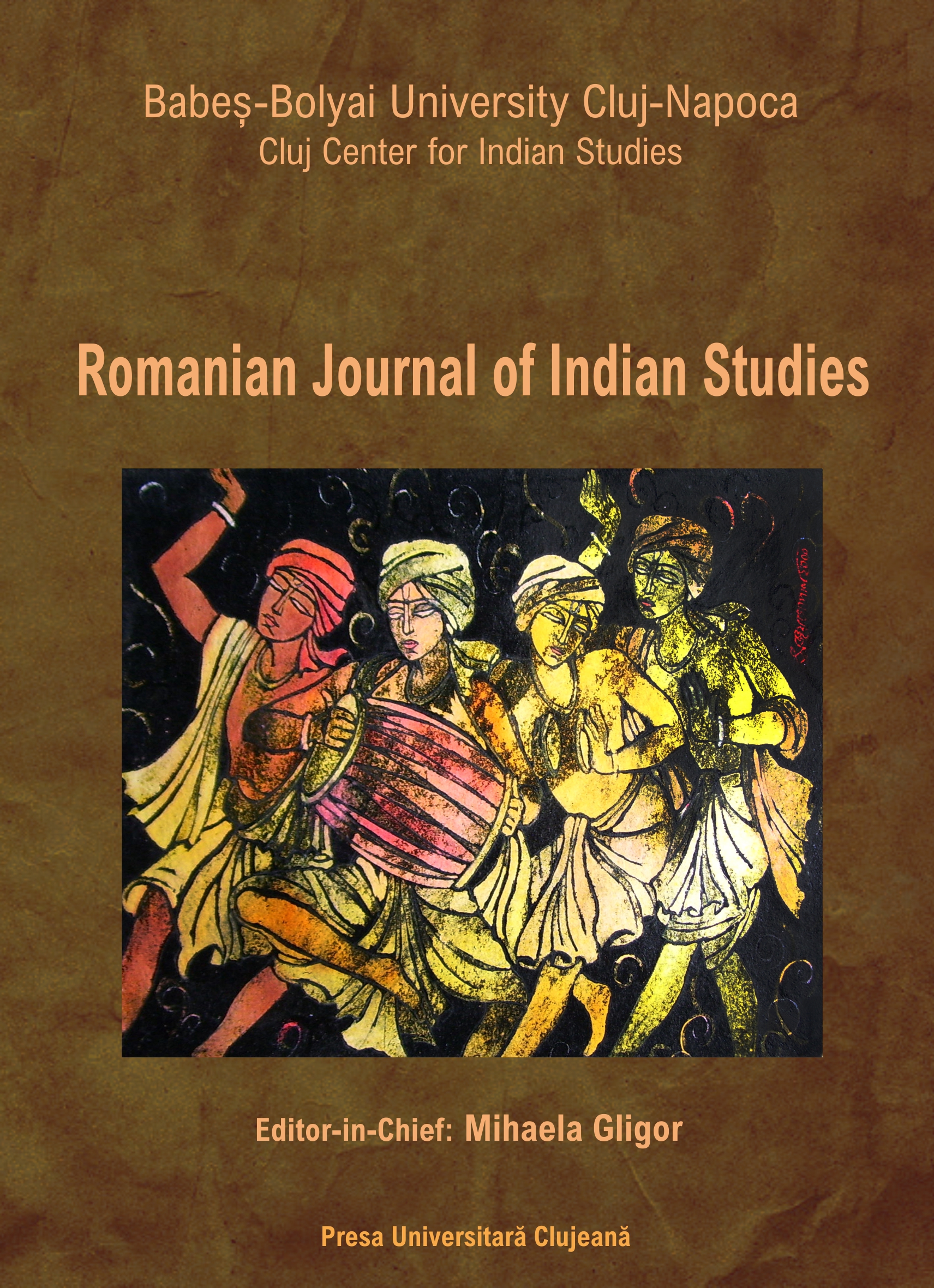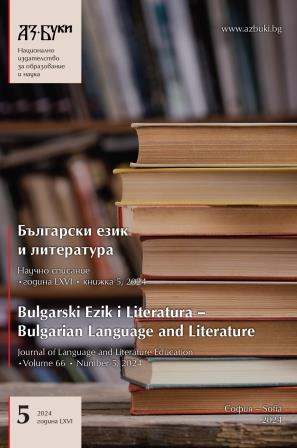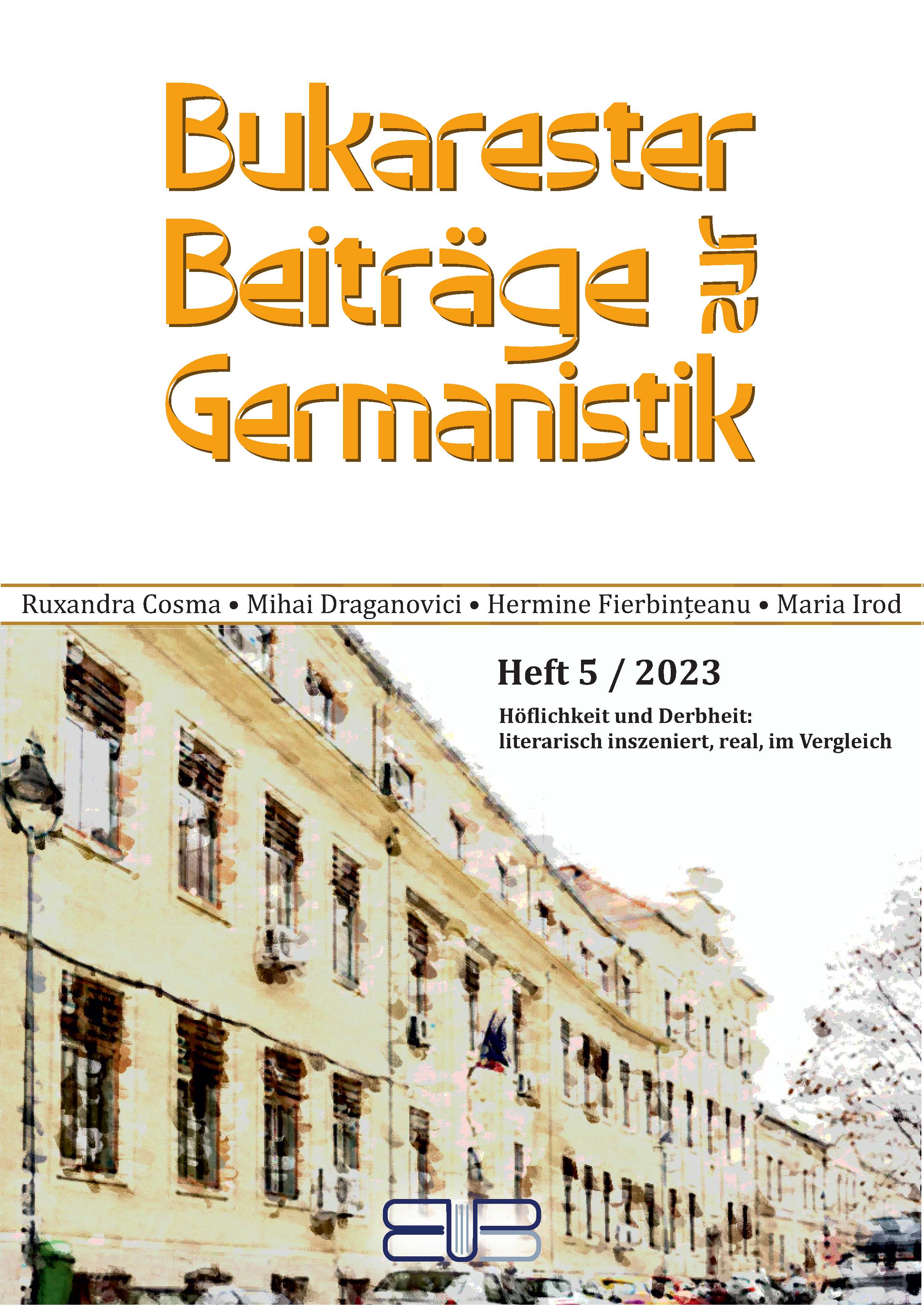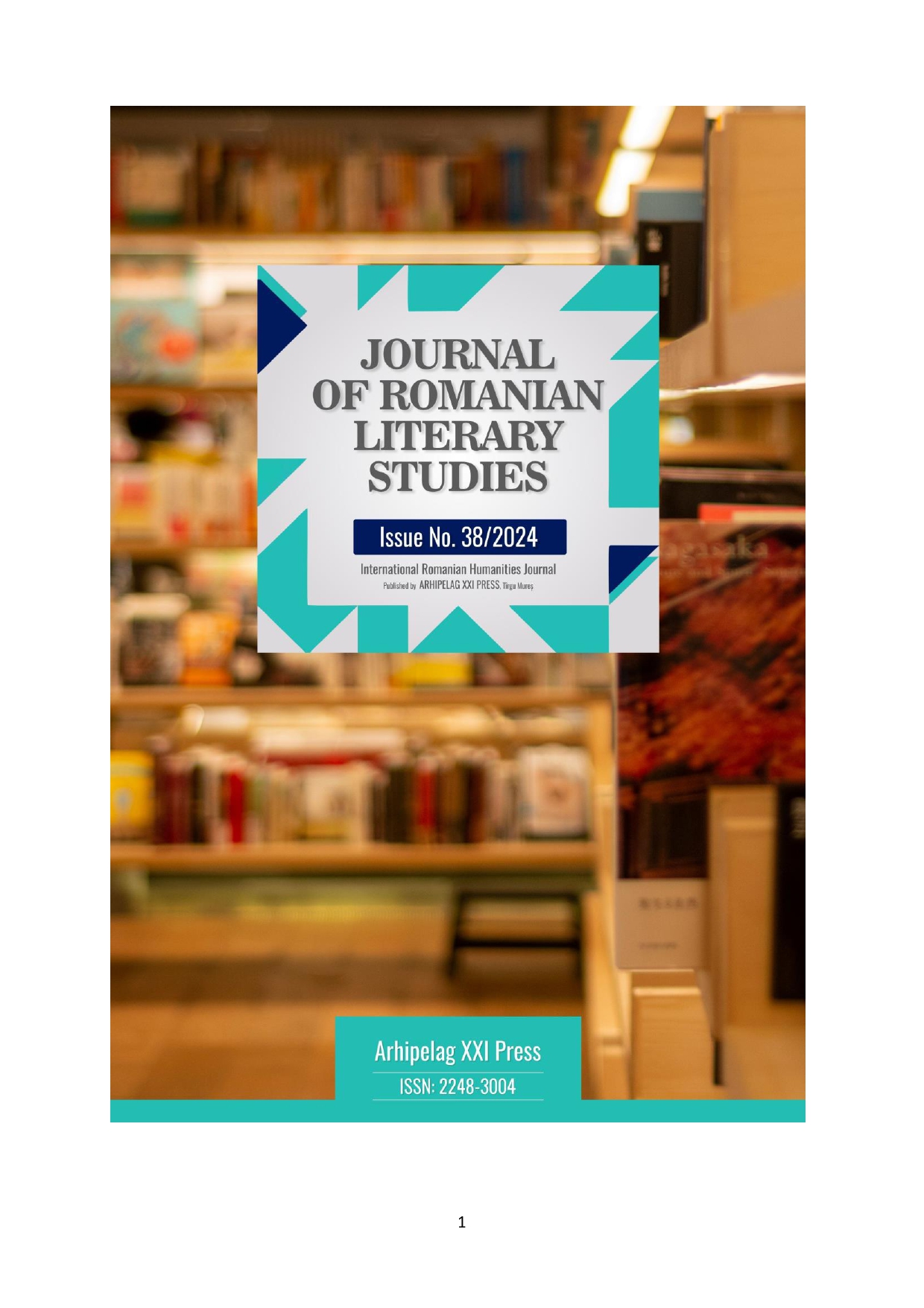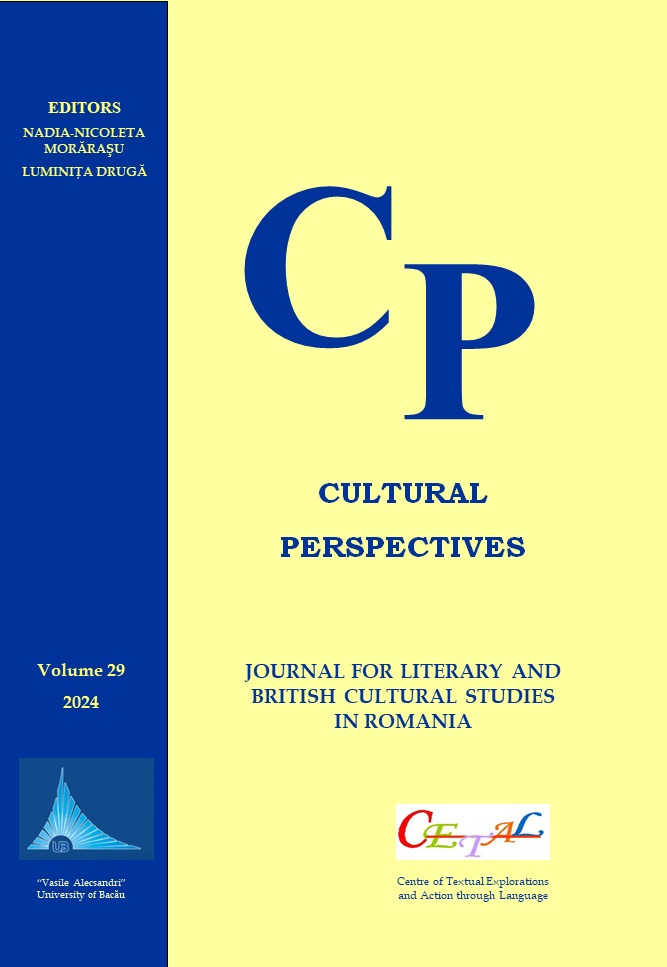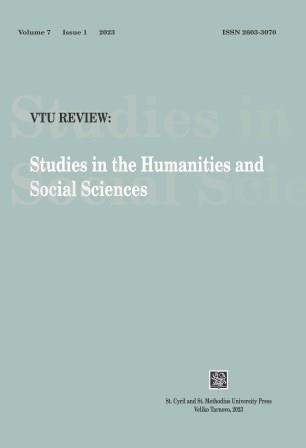
Between the Communist Past and Early Democracy: The Power of the Autobiographical in C. G. Balan’s 𝐶𝑟𝑜𝑜𝑘 𝐿𝑡𝑑 (𝐸𝑠𝑐𝑟𝑜𝑐 𝑆. 𝑅. 𝐿.) and 𝑇ℎ𝑒 𝐸𝑙𝑒𝑣𝑎𝑡𝑜𝑟 (𝐿𝑖𝑓𝑡𝑢𝑙)
This article examines some of the autobiographical elements in two novels by Romanian writer C. G. Balan. These elements serve as a potent tool for creating culturally significant autofictions that act as testimonies of pivotal moments in the author’s life. Moreover, these autofictions are embedded within larger social contexts that hold historical significance, specifically related to Romania’s communist past and early democracy. Balan’s method of shedding light on these events through satire of the key figures representing authority while simultaneously infusing the narrative with intense personal moments as experienced by the individual (narrator) produces striking contrasts. These serve as poignant literary depictions of life under a totalitarian regime and the uncertain beginnings of democracy, a time when numerous Romanians chose to emigrate abroad or migrate to the country’s capital in search of better living conditions. The article also suggests that autofiction can be seen as a broader concept that encompasses more than just the incorporation of autobiographical elements into fiction.
More...
